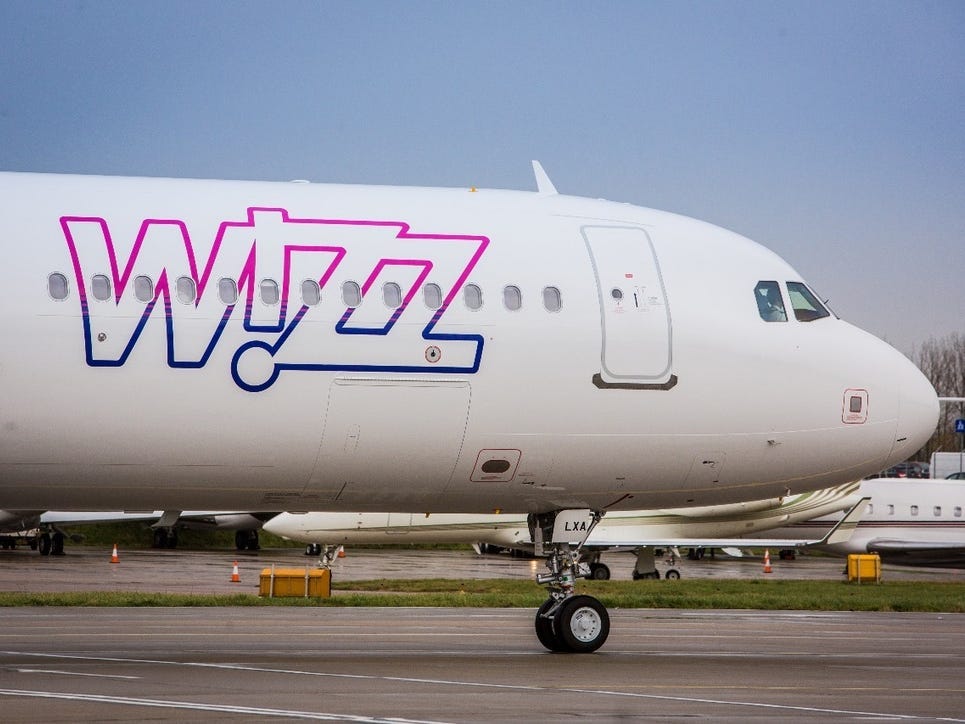- A shortage of air traffic controllers, not pilots is causing flight delays, one airline CEO said.
- József Váradi, boss of Wizz Air, told The Times that airports did not have enough staff.
- Airlines globally are battling a shortage of workers as demand for air travel takes off.
A shortage of staff at airports is to blame for the travel turbulence sweeping through the aviation industry, not a shortage of pilots, according to the boss of a major European airline.
József Váradi, the CEO of Wizz Air, Europe's third-largest budget carrier, told The Times: "There is understaffing in air traffic control management. There is insufficient staffing at airports and in ground handling."
Airlines around the world have been battling a shortage of workers. The pilots, flight attendants and ground crew laid off during the pandemic have been slow to return, leaving some airlines short at the same time that pent-up demand for air travel reaches its peak.
That, coupled with wider economic turbulence caused by the war in Ukraine, has led to thousands of flights being canceled, and long delays at airports.
Váradi told The Times that Wizz, which has 6,000 staff, has adequate numbers of flight attendants and pilots. "The solution is that the supply chain needs to perform to standard – that is what we are missing," he said.
On Monday Wizz announced it would suspend all operations at Doncaster Sheffield airport in northern England from Friday, claiming it had failed to meet its commercial agreements, per The Times.
Doing so would help it to stabilize operations and minimize delays elsewhere in the UK, per Bloomberg.
An airport spokesperson said it had fulfilled its obligations to the airline.
Wizz Air and Peel, the owner of Doncaster Sheffield, are yet to respond to Insider's request for comment.
While many of the problems experienced by airports and the wider transport sector are global, Brexit has exacerbated the problem for UK firms.
"The UK's post-Brexit immigration policy is putting a lot of strain on the labour market, something that is unique to Britain across the industry," Váradi told The Times.
He is not the only aviation executive to highlight a shortage of airport staff as the problem.
John Holland-Kaye, chief executive of Heathrow airport, the UK's largest international airport, told a Financial Times conference that it could take up to 18 months for the industry to recover lost capacity.
On Wednesday Australia's Qantas asked office-based staff of its budget carrier Jetstar to volunteer to work in airport roles, helping to locate lost luggage or distribute water.

